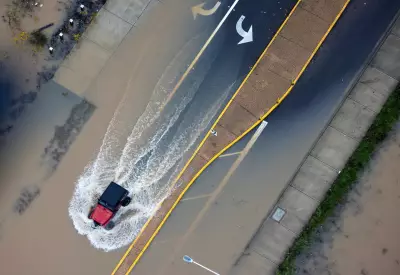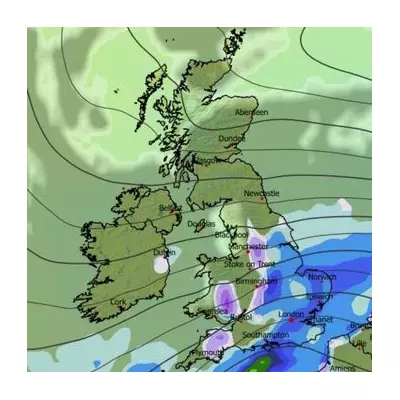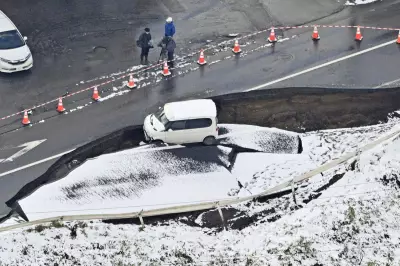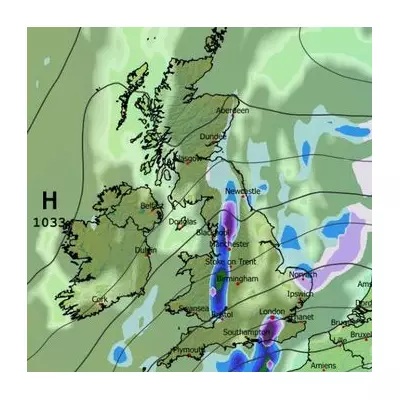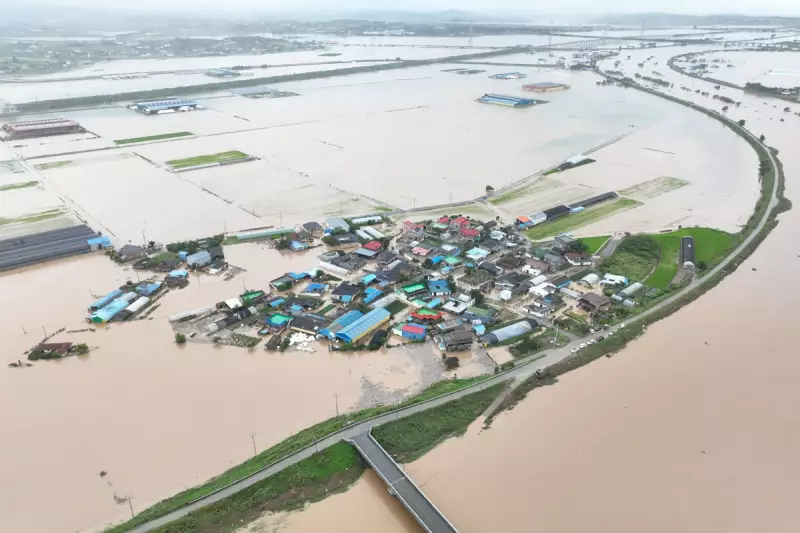
Torrential downpours have wreaked havoc across South Korea, triggering deadly landslides and flash floods that have left at least 22 people dead and forced thousands to flee their homes. The relentless rainfall, which has battered the country for days, shows no signs of abating, with authorities warning of further dangers.
Widespread Destruction and Rescue Efforts
Emergency services are working around the clock to locate survivors and clear debris after entire hillsides collapsed, burying homes and roads under mud and rocks. In one of the worst-hit areas, a landslide engulfed a residential neighbourhood, trapping residents and cutting off access for rescue teams.
Local media reports indicate that over 2,000 people have been evacuated from high-risk zones, with many seeking temporary shelter in schools and community centres. The military has been deployed to assist with rescue operations, using heavy machinery to clear blocked roads and reach isolated communities.
Government Response and Warnings
South Korea's government has declared a state of emergency in the affected regions, with Prime Minister Han Duck-soo urging citizens to remain vigilant. "We are doing everything in our power to minimise further casualties," he said during a press briefing. "The situation remains critical, and we urge residents to follow evacuation orders without delay."
Meteorologists have issued further warnings, predicting additional heavy rainfall in the coming days. The Korea Meteorological Administration has cautioned that saturated ground increases the risk of further landslides, particularly in mountainous regions.
Climate Change Concerns
This disaster has reignited debates about climate change's role in intensifying extreme weather events across East Asia. South Korea has experienced increasingly frequent and severe rainfall in recent years, with scientists linking the trend to global warming.
Environmental experts warn that without significant improvements to infrastructure and disaster preparedness, such tragedies may become more common. "We're seeing weather patterns become more extreme and unpredictable," said climate scientist Dr. Lee Min-ho. "Urban planning and early warning systems need to adapt to this new reality."
As rescue operations continue, the nation mourns those lost in what has become one of South Korea's deadliest weather-related disasters in recent memory.

